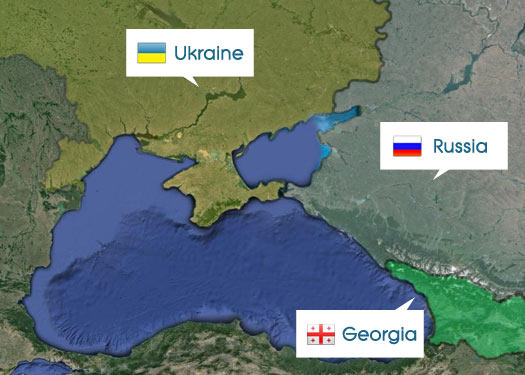
Improving Environmental Monitoring in the Black Sea.

The Convention on the Protection of the Black Sea against Pollution (Bucharest Convention) addresses these problems through enhanced cooperation among its signatories. The development/improvement of a monitoring network is considered to be a management target of high priority. Further coordination in policies and legislation between the Black Sea countries is also of common interest to the EU’s partners countries – being also members of the Black Sea Commission (BSC) – in so far it influences their own ability to implement EU legislation and policies, notably the EU Water Framework Directive (WFD) and the EU Marine Strategy Framework Directive (MSFD).
The overall objective of the project is to set up initiatives that will help improve the protection of the Black Sea environment. The project is addressing the overall need for support in protection and restoring the environmental quality and sustainability of the Black Sea.
The specific objectives: are as follows:
- Improve availability and quality of data on the chemical and biological status of the Black Sea, in line with expected MSFD and Black Sea Strategic Action Plan needs;
- Improve partner countries’ ability to perform marine environmental monitoring along MSFD principles, taking into account Black Sea Diagnostic Report.
- Review of the national monitoring systems and tools for assessing data obtained from monitoring activities;
- Support to implementation of countries obligations under the Bucharest and other related Conventions and Agreements;
- Development of cost-effective and harmonised biological and chemical monitoring programmes in accordance with reporting obligations under multilateral environmental agreements, the WFD and the MSFD;
- Assessment of needs regarding laboratory infrastructure, equipment, and training, promotion of the recommendations;
- Elaboration and implementation of the comprehensive training programme on monitoring methods and quality assurance aiming at adhering to ISO 17025 standard, promotion;
- Prepare methodology for Joint Black Sea Surveys;
- Development of the web-based Black Sea Water Quality Database prototype.
The project will strengthen national capacities of the respective national authorities for biological and chemical monitoring of water quality in the Black Sea, in line with EU water related legislation (EU WFD and MSFD). Significant effort will be put into training and capacity building. In order to promote ownership, engagement of local experts and organisations is foreseen. Relevant results and experiences of previous and ongoing projects will be duly taken into account.
Official site http:www.emblasproject.org

